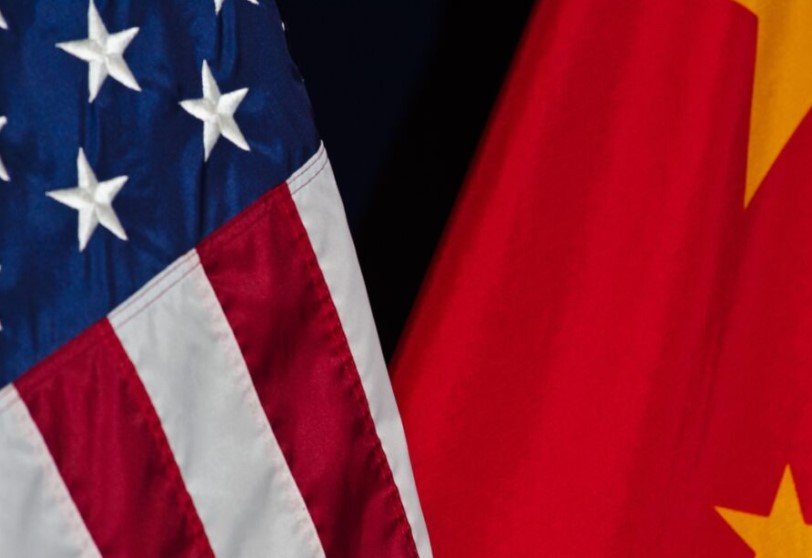The trade tensions between the United States and China just took another sharp turn. In response to President Donald Trump’s decision to impose a 20% tariff hike on Chinese goods, Beijing has issued a bold warning, making it clear that it will not back down. A spokesperson for China’s Ministry of Foreign Affairs declared on X that intimidation tactics won’t work, emphasizing that the country is prepared for a prolonged economic battle if necessary.
Trump’s Tariff Offensive Aims to “Make America Rich Again”
During his joint session address at Capitol Hill, Trump doubled down on his aggressive trade policies, announcing tariff hikes on multiple countries, including China and India. His message was blunt: If foreign manufacturers want to sell in the U.S., they will pay a price.
The president framed the move as a step toward restoring America’s economic dominance. “For decades, other nations have used tariffs against us, and now it’s our turn to level the playing field,” he said. Trump justified the new trade barriers by pointing to what he described as unfair trade practices and currency manipulation by other nations, singling out China as a prime offender.

One of his sharpest critiques focused on the fentanyl crisis, an issue that has strained U.S.-China relations for years. “China is responsible for the fentanyl that’s killing our people,” Trump said. He argued that the tariffs are a justified response to Beijing’s failure to curb the flow of synthetic opioids into the U.S.
China Rejects U.S. Claims, Calls Tariff Hikes a “Flimsy Excuse”
Beijing wasted no time in responding. China’s foreign ministry fired back, stating that the U.S. was using fentanyl as a pretext to justify its economic aggression.
“The U.S., not anyone else, is responsible for the fentanyl crisis inside its borders,” the ministry’s statement read. “In the spirit of humanity and goodwill, we have taken significant steps to help the U.S. address this issue, but instead of acknowledging our efforts, Washington has resorted to blame and blackmail.”
China insists that its government has actively worked to curb fentanyl production and smuggling. Officials argue that the Trump administration is using tariffs as a political tool rather than a legitimate counter-narcotics measure. The statement concluded with a strong warning: “This is not going to solve America’s problem. Instead, it will undermine cooperation and worsen tensions.”
Economic Fallout: What’s at Stake for Both Nations?
The U.S.-China trade war has been ongoing for years, but Trump’s latest move signals a potential escalation. The stakes are high for both economies.
- For China: The new tariffs could slow down exports, impact manufacturing, and put additional pressure on an already struggling property market.
- For the U.S.: American consumers and businesses will likely bear the brunt of increased import costs, which could drive up inflation and affect supply chains.
- For Global Markets: Stock markets have already shown signs of volatility, with investors concerned about the broader economic consequences.
Economists predict that China will retaliate with countermeasures, potentially targeting American agriculture, tech firms, or even limiting exports of critical materials like rare earth minerals.
“Bullying Won’t Work”: China Sends Strong Message to Washington
China has made it clear that it won’t be pressured into submission. The foreign ministry’s statement reinforced that any attempts to strong-arm Beijing will backfire.
“Intimidation does not scare us. Bullying does not work on us. Anyone using maximum pressure on China is picking the wrong fight,” the statement read.
The response reflects a broader strategy from President Xi Jinping’s administration, which has increasingly positioned China as a global superpower unwilling to bend to Western demands. With nationalist sentiment running high, Beijing is unlikely to make concessions—especially not under public threats from Washington.
As tensions escalate, the world will be watching to see whether this trade war leads to real economic damage or if diplomatic efforts can prevent further escalation.
